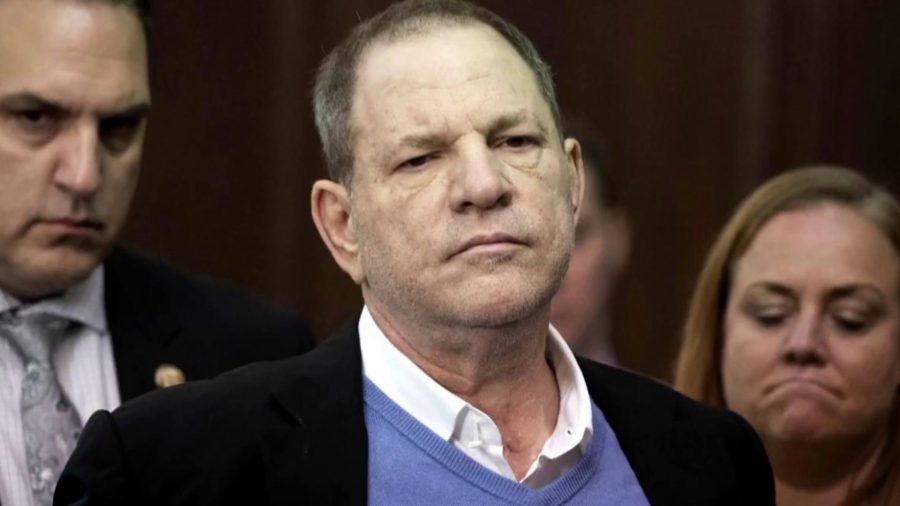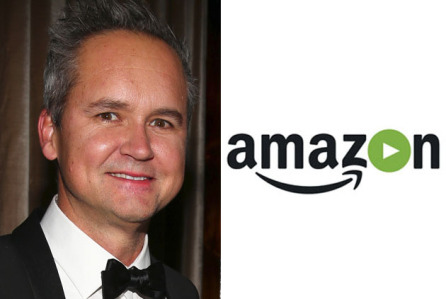Three months ago, when Harvey Weinstein was sentenced to 23 years in prison by a New York court, the landmark judgement was a response to the Me Too movement and revelations about Weinstein’s abuse of power. In the two years that it took to ensure that the former media mogul, accused of sexually assaulting over 100 women for three decades was brought to task, the litany of his misdeeds came to be memorised world over. His victims, who included high-profile actresses like Salma Hayek, Gwyneth Paltrow, and Lupita Nyong’o as well as women who were denied the chance to reach similar heights were continuously accorded news space. And Weinstein’s reputation as a sexual predator, who operated with a chilling degree of impunity and brute force, stopped being hearsay or an ‘open secret’. Instead, it became fact, one that culminated in his arrest in May 2018.
For this fact to become a record of a moment in time so that the contours of sexual assault isn’t only summarised for the people witnessing it but also contextualised for history, you need a documentary like Ursula McFarlane’s Untouchable. The urgency of the medium of cinema, relying on faces and voices, infuses words and details with unflinching emotion. To read about Weinstein overpowering a young woman in his hotel room and raping her makes one aware of his monstrosity. But to see and hear that same woman recollect that incident, dread washing over her face, makes one confront the lifelong consequences of that monstrosity. When a camera spends 98 minutes allowing women, who have spent a lifetime struggling to forget their violations, the chance to speak out about it, it is quite simply impossible to look away.
Through interviews with Weinstein’s accusers and employees, Untouchable, which premiered at Sundance Film Festival last year – incidentally, the exact location where Weinstein cultivated much of his stature as a Hollywood elite – examines the aftermath of his moral bankruptcy. The women who come on camera make up a diverse rank of individuals whose lives and bodies have been directly and indirectly affected by Weinstein’s wrath. They’re young and old, scattered across timelines and countries and, were in different stages of their careers when their paths collided with Weinstein’s.
But the circumstances of their stories circle back to similar spots: a last-minute invitation to a hotel room, the pretext of advancing careers, inappropriate demands, aggressive threats and, in the end, a blatant disregard for consent. Some of these stories end with a much severe degree of violation than others – the women recollect instances of rape, forced oral sex and massage requests, physical violence, and a dangerous strain of emotional abuse accompanied by a blowback to their future careers. One of the admissions offered me a moment of pause simply because of how mercilessly it underlined the depths of the cruelty that Weinstein was capable of. In an act of revenge, he forced an aspiring actress who rejected his advances to go down a dark stairwell knowing fully well that she suffered from night blindness.
Untouchable is composed in a way that is entirely meant to serve the accounts of Weinstein’s accusers. It’s visible in the empathy with which MacFarlene shoots the victims. The camera never cuts away when any of them seem at a loss of words or tear up at having to explain the intricacies of their violation. Instead, it allows them to take their time, goading the viewer to linger in their trauma, capturing in essence, raw moments that have the emotional nakedness of a therapy session.
From the beginning, MacFarlene distinguishes the narrative intent of the documentary by putting Weinstein in the background of her story. The brief appearances that he makes are through archival interview footage, smug voiceovers, and TV news clippings, which is to say that the viewer is offered a version of him – the producer known for backing risky indies and turning those associations into Oscar royalty – perceived by the world at large. The key to unlocking the real Weinstein lies solely with the women in the film. For instance, Weinstein’s guilt is never in question. Instead, the effort here is to bring to notice the accumulation of lost potential – imagine, the film says, how different the lives of these women would have looked had they never met Weinstein. That in itself is a heartbreaking thought and every frame of Untouchable is doused in it. As a result, Untouchable manages the feat of documenting a story about Weinstein without telling only his story.
Recommended
Even when Untouchable charts the brilliance of Weinstein that triggers in him the belief that he is in fact “untouchable,” exempt from answering to the same codes of behaviour as the rest of the world, it does so with an eye on his accusers. A fascinating section of the film arrives when MacFarlene gathers ex-employees of Weinstein’s production companies and brings forth the argument of their passive complicity. One Miramax employee regrets not having quit after Weinstein attempts to rape his close friend – he looks down, stutters, and refers to it as “a very bad incident,” unable to bring himself to admit the nature of the assault. Another talks about survivor’s guilt, of having benefited from Weinstein’s brilliance at the exact time that women were paying the price for it.
Here too, the film gains from the specificity of MacFarlene’s observations. She suggests, ever so lightly, that none of the male employees, employed at much higher rungs in the company, so much as thought about confronting the management about Weinstein’s inappropriate behaviour. The female employees saw the same things but unlike them, refused to look away. A personal assistant quit, another assistant refused to stay silent while a literary scout wrote a powerful memo detailing several assault allegations that made the management sit up and take notice. The point that Untouchable makes is clear. Punishing predators is redundant if we don’t find a way to expire the code of silence that enables rape-culture in the first place.



